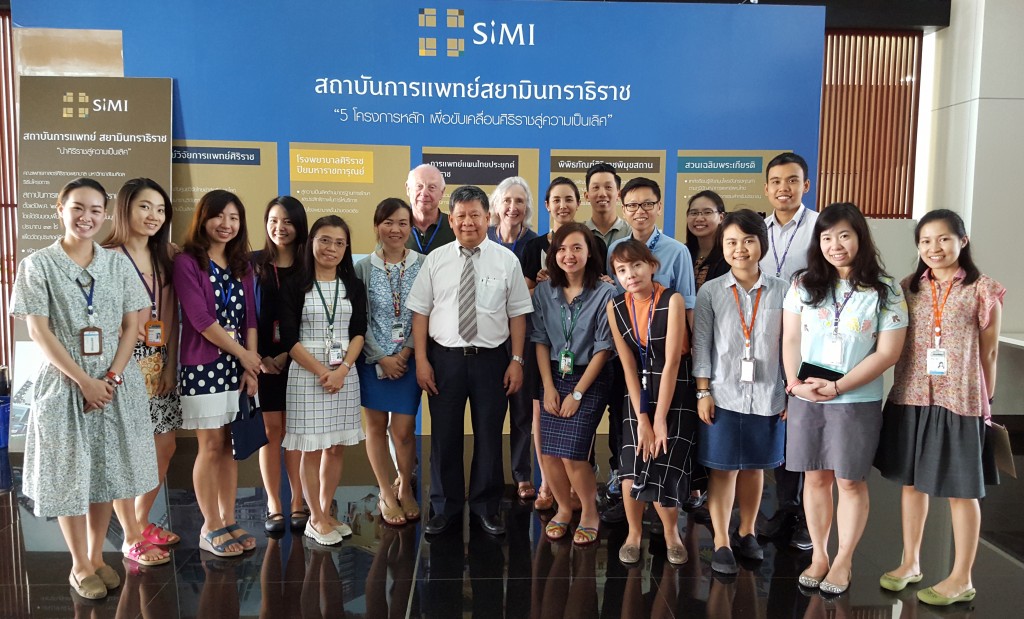The study of stem cells has become one of the mostly widely researched areas in medical science for the repair and replacement of damaged tissue and as an alternative treatment for diseases. Increasing levels of success in advanced transplantation surgery and the use of immunosuppressive drugs to decrease the rejection of transplanted tissues has
resulted in a shortage of solid organs for transplantation. To reduce this shortage, scientists have focused their attention on the development of artificially grown organs and ways to repair organs for replacement. The use of stem cells to correct serious diseases and sub-system failures originated at Cambridge University in 1981 with the growth of stem cells from a mouse embryo. An American scientist later advanced stem cell research by growing stem cells from human embryo in 1998.
These early discoveries and the accelerating advancement of discoveries in the field of stem cell research have resulted
in the emergence of a new science Regenerative Medicine. This new science aims to find new ways to repair organs through the transplantation of stem cells that will generate new tissue growth to repair damaged organs or tissue structures. Stem cell research has been proliferating around the world, especially basic research on cell cultures and the growt h of stem cells into specialized cells. In Thailand, however, stem cell research has been limited by a lack of researchers and scientists with an expertise in stem cells. The Faculty of Medicine Siriraj Hospital has the capability of becoming the leader in stem cell research with the support of its GMP-standard laboratory infrastructure, state-of-the-art tools and equipment, experienced and qualified scientists and researchers with an interest in stem cell therapy, and a large number of stem cell therapy candidates. One current drawback that is slowing Siriraj Hospital’s advancement in stem cell research is a notable lack of physicians, scientists, and researchers who have specialized experience in the study of stem cells. In addressing this limitation and upgrading stem cell research in Thailand to match that of international levels, the Faculty of Medicine Siriraj Hospital established the Siriraj Center of Excellence for Stem Cell Research (SiSCR). All researchers with a specialization in stem cells were invited to join the center and work together on developing new knowledge and potential stem cell technologies for use in diagnosis, analysis, and treatment of degenerated tissues or organs. The Center of Excellence for Stem Cell Research has a vision to be the leader in stem cell research in Thailand and Southeast Asia. It aims to provide training
to develop young researchers with stem cell specialization and to be the regional research and related technologies
transfer center for cooperation in the Asia-Pacific. Educating the general public on the use and benefits of stem cell
advancements and potential is also a key mission of SiSCR. This knowledge transfer to the general public will accelerate general acceptance of this emerging and promising medical science revolution. more information….

 Published
Published